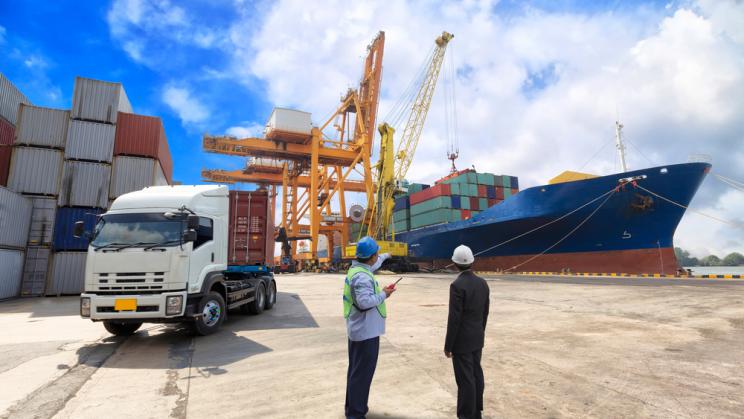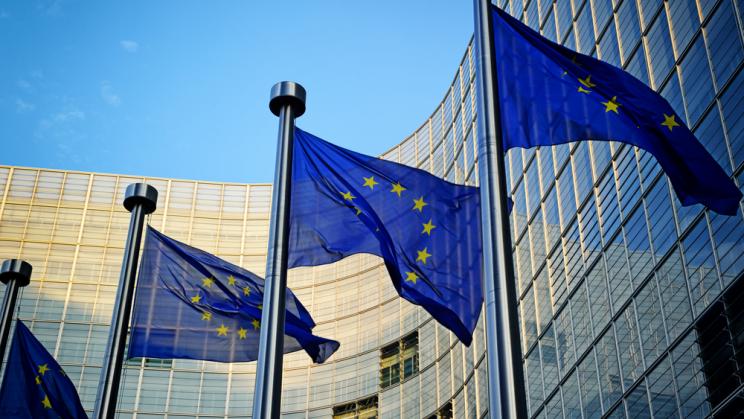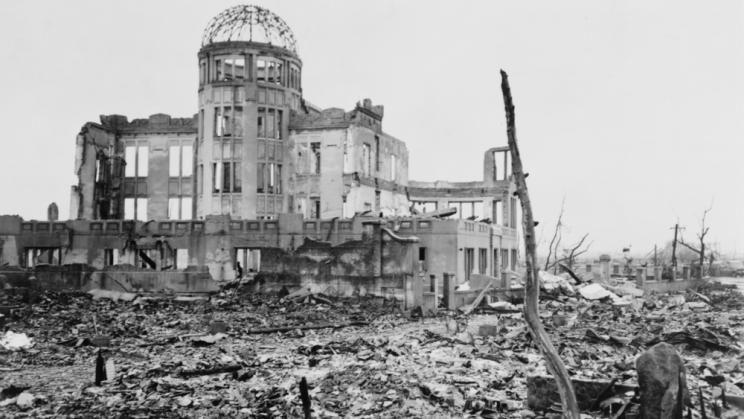Armament and disarmament
SIPRI looks at the most important symptoms of insecurity and efforts to control them.
SIPRI examines the process of armament. Our research covers the design and development of new technologies, the production of weapons in the arms industry, international arms transfers and military spending at the country level.
We also work on arms control and disarmament, looking at both conventional weapons and so-called weapons of mass destruction: nuclear, chemical and biological weapons. In this vein, SIPRI monitors relevant treaties, export controls and embargoes.
A major part of SIPRI’s work on armament and disarmament is its databases. They produce four major data launches each year: the top 100 arms-producing companies, international arms transfers, countries’ military spending and countries’ nuclear forces. Established in 1968, SIPRI’s databases exemplify our belief in the power of data, transparently collected and freely accessible, to contribute to evidence-based policy and to broaden public knowledge.
In the words of Gunnar Myrdal, SIPRI’s first chair of the board: 'Facts kick.'
RESEARCH THEMES
SIPRI tracks arms production, international arms tranfers, arms embargoes and military spending.
SIPRI promotes dual-use and arms trade controls through research, publications, seminars and capacity-building activities.
SIPRI monitors key developments in science and technology.
The EU Non-Proliferation and Disarmament Consortium forms the core of a wider network of European non-proliferation and disarmament think tanks and research centres which the Consortium is responsible for promoting and coordinating.
SIPRI seeks to contribute to the understanding of trends and developments pertaining to nuclear, chemical and biological weapons.
RESEARCH CONTACT(S)
 Dr Sibylle Bauer
is the Director of Studies, Armament and Disarmament, at SIPRI.
Dr Sibylle Bauer
is the Director of Studies, Armament and Disarmament, at SIPRI.




